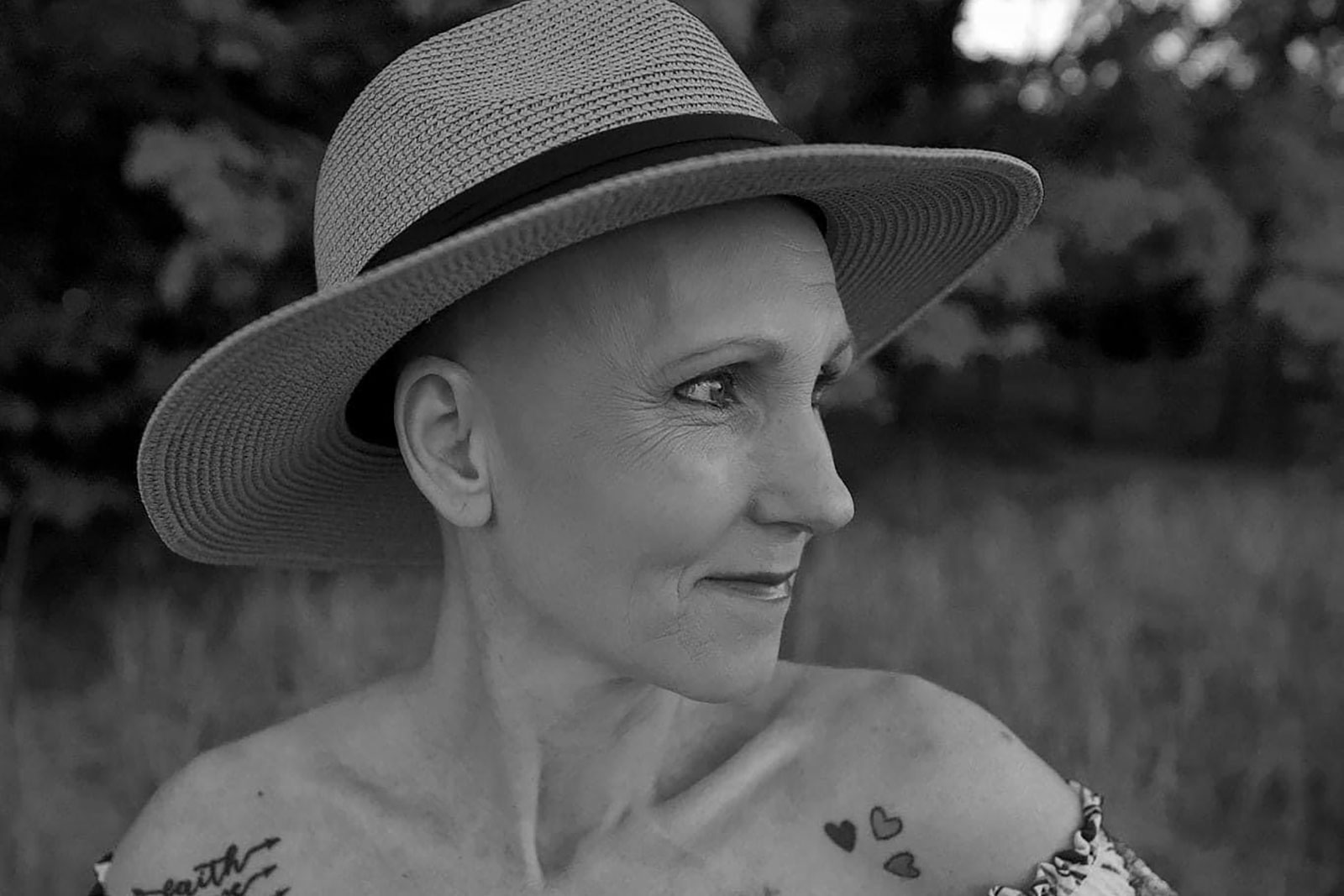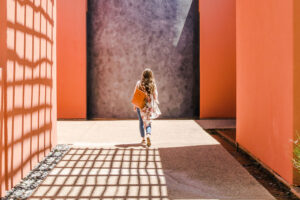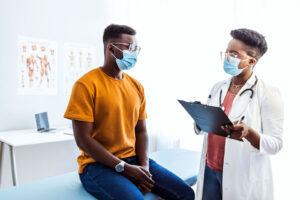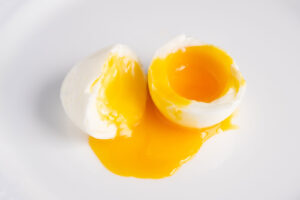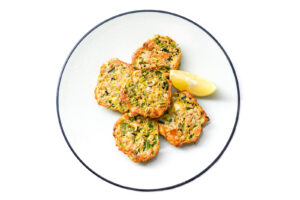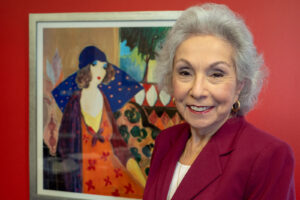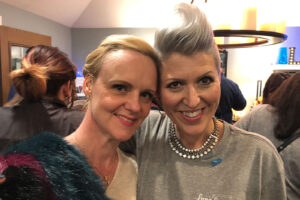As told to Francesca Halikias
My life before [my breast cancer diagnosis] was normal. I have three children, so I was really involved in their lives. Both of my boys were in the same college for a couple years together before my oldest had graduated. They were in choir so we would go to their choir concerts. We’d go to [any programs my daughter had at school]. I was a Wednesday evening cook at my church. Most of that changed [after my diagnosis].
When I first got diagnosed, my oncologist [said] don’t live in a bubble, but be cautious and be careful. We were hearing of COVID-19 at that time but after my first treatment, the whole world went into lockdown. I had to live in a bubble because we didn’t know much about COVID, and we had to be so careful. Pretty much the only thing I did was go to appointments.
My husband came to all original appointments, and I had a port placement surgery [that he was there for as well]. My husband and my mom got to come to my first chemo appointment, and then my daughter got to come after school. After that, I had to go by myself. My husband would drop me off and I had to go in and usually either saw the doctor or got bloodwork done. [Then] I would start my infusion.
Feb. 11, 2020 was when I got diagnosed, and from there everything went so fast [with] so many appointments. No family members could come [to my appointments during COVID.] At first it was a bit hard. [I had my chemo regimen] every three weeks. I had six total [chemo treatments] and after my infusion, which was always on a Wednesday, that following Monday and Thursday I’d be back [at the hospital] for hydration, and then that following week I’d be back there and I’d have another hydration, and then my chemo infusion again.
Right from the beginning, I went into fight mode. I still am positive, and I’ve been positive throughout it. I felt pretty good that the chemo would work because two or three years before I had gotten diagnosed—I was stage II triple-positive—it would have been a bad cancer to get. They wouldn’t have known how to cure it and my outcome probably wouldn’t have been that good.
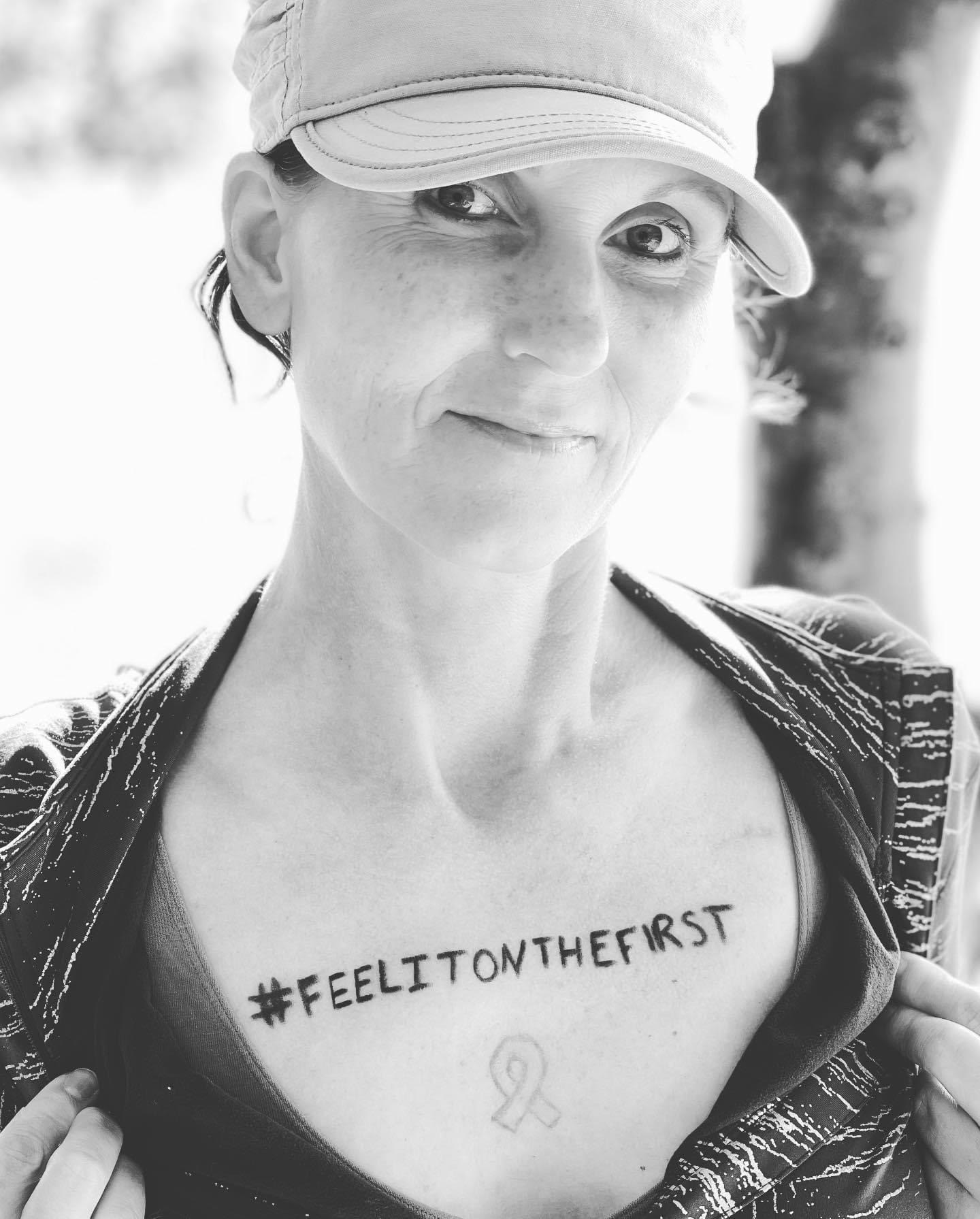
When I went to see my oncologist every three weeks, she would always feel my lump, and we could feel it shrinking, so we knew the chemo was working. By the time I went for my surgery, it was pretty much gone. But I chose to do a bilateral mastectomy, so they removed everything, and I also had lymph node involvement. That’s why I think my regimen was harder. I know other people that are triple positive, and the paths are different. I feel like with all breast cancer patients, our stories are all very similar yet they’re all very different.
I got used to going by myself. I typically had the same nurse. They’d try to pair you with a nurse that you’ll have most of the time, so I got to know her well. That was nice. [During] my last [chemo treatment], things were starting to open up again, so my husband was able to come with me and I was allowed to bring one other person with me to that last one. [It] was nice to have him there again.
When I met with my oncologist, I also got a second opinion at Mayo [Clinic] in Minnesota, and all the paths for my cancer and my stage were the same. I had the chemo, and then bilateral mastectomy. There was a wait in between each one because you need your body to heal, and then after the mastectomy, I started radiation. I was supposed to do 25 rounds of radiation, [but] after my 15th round I got an infection [and was] admitted to the hospital.
I was in the hospital for five days with four surgeries. Then I healed from that, and I was able to finish up. [My doctor] cut my time down, [so] I only had to do eight [rounds of chemotherapy] instead of my last 10, so I finished eight rounds of radiation and then healed from that and then I had to finish out a year of my hormone therapy. I finished that in February [of this year] and then was supposed to have my exchange surgery, [but] because of my radiated breast that I had, [my doctor] didn’t feel comfortable doing the exchange surgery. I ended up having the Latissimus Dorsi Flap surgery, where they take a portion of your back muscle and move it. I had that surgery, and in July I finally finished with my last surgery. I had the exchange surgery then.
I feel like with all breast cancer patients, our stories are all very similar yet they’re all very different.
Hopefully I’m done. Because of having that initial infection, I am at higher risk that my body could reject the implants that I have in. That can happen any time. It can happen a year down the road, or it may not happen at all. So that’s in the back of my head. I try to watch for signs of infection.
I’m still fearful of catching COVID. I’m vaccinated, but I’ve been through so much and I don’t want one more thing. I hear how bad it is even with people who have gotten their vaccines and still get COVID, and I don’t want to deal with that. Comfortability-wise, I have to do what’s right for me. It’s hard coming out of [breast cancer]. I try to be more aware of everything around me and be grateful for things.
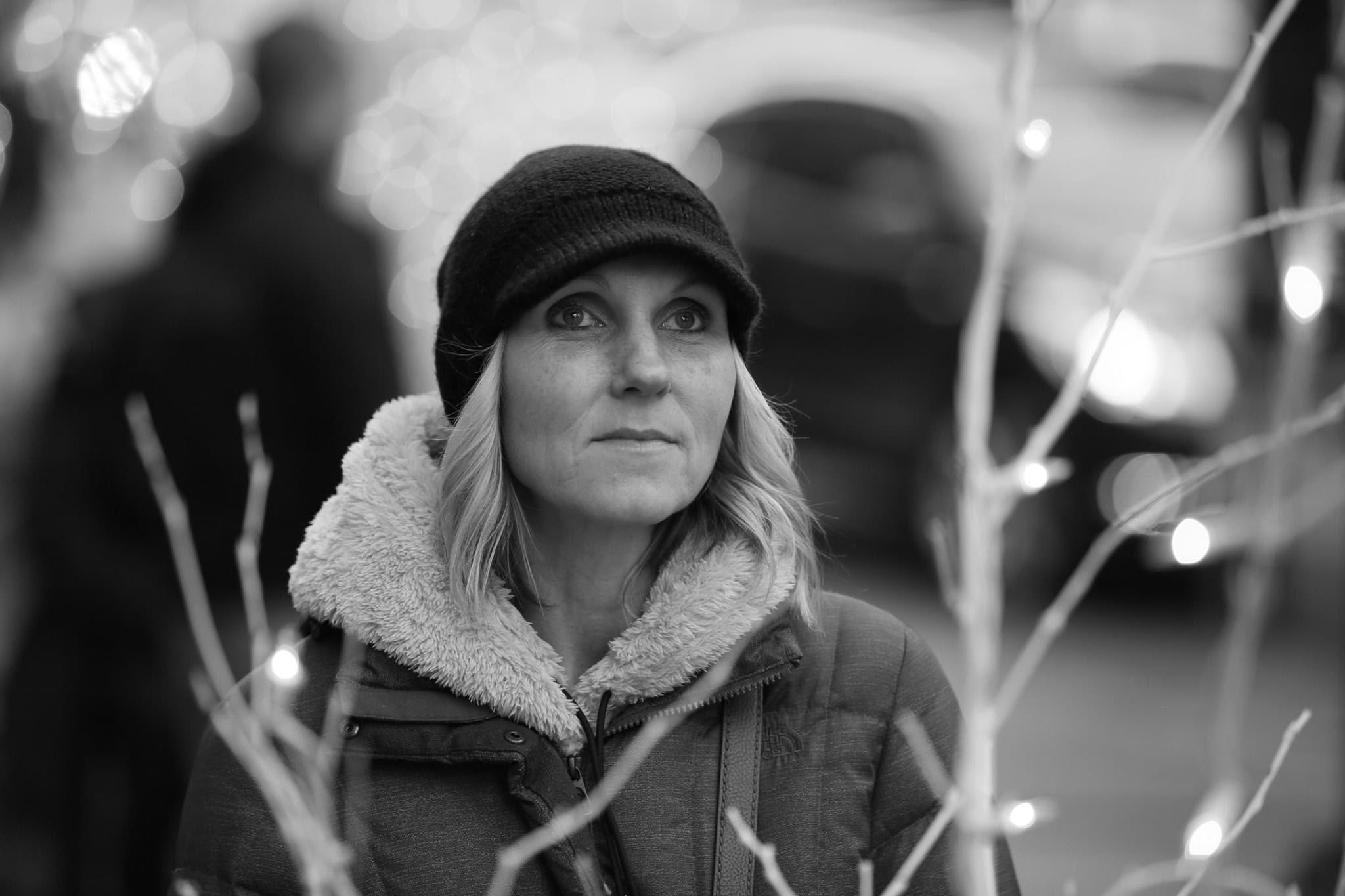
[My breast cancer] was probably hardest on my husband because he wanted to help me, but when you have chemo going through you, he can’t take it away or do anything. [My kids and husband] were all very helpful. My boys are older, and they understood and were helpful throughout it. My daughter was 12, and I wanted her to know that I was OK. When I had my surgeries and had tubes coming out of me, I didn’t hide things from her. Same thing when I lost my hair—I just tried to show her [I was OK] throughout every surgery I had. I was thankful she could come to my first [appointment] and the end of my chemo treatment. I think that was the biggest thing for her, being younger, just knowing that I was going to be OK.
Stay as positive as you can. I know every day is hard and not every day is great, but if you can stay positive the best that you can, that’s what got me through cancer.

